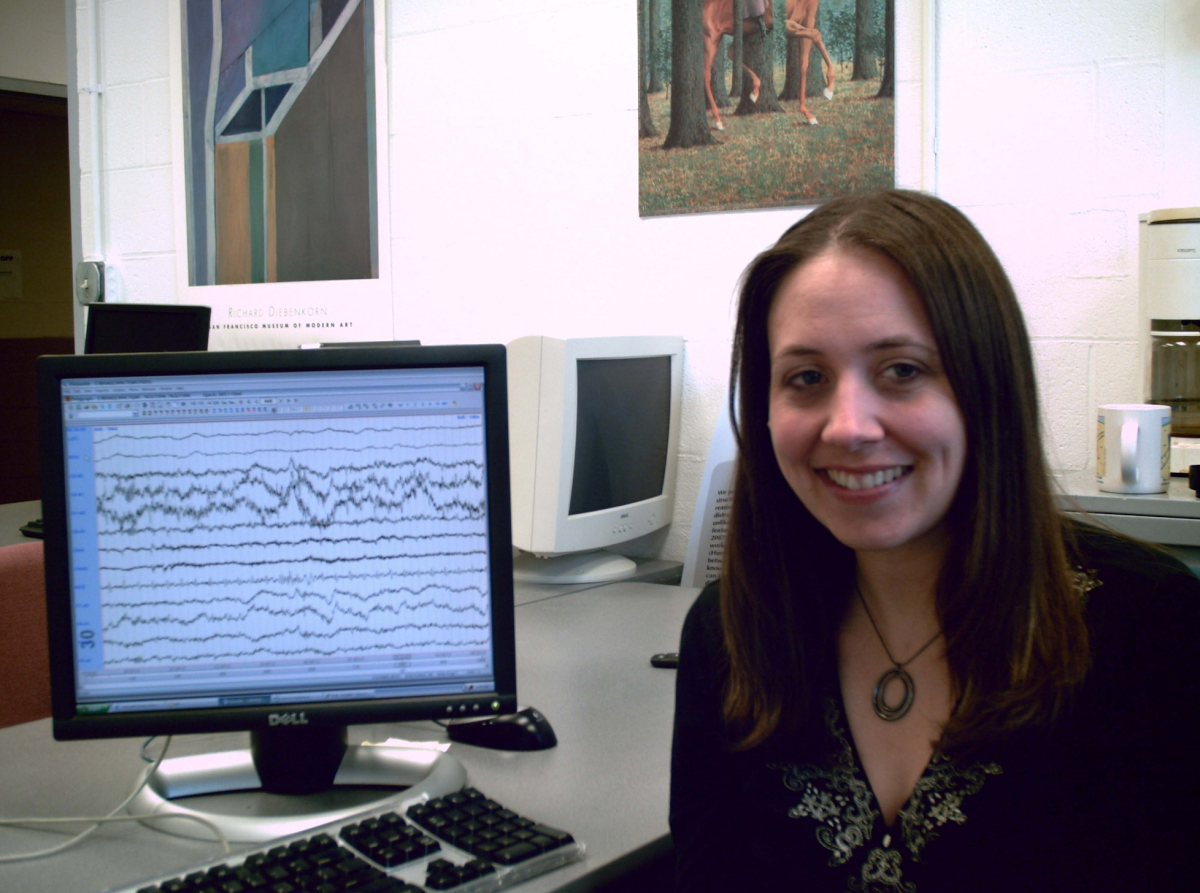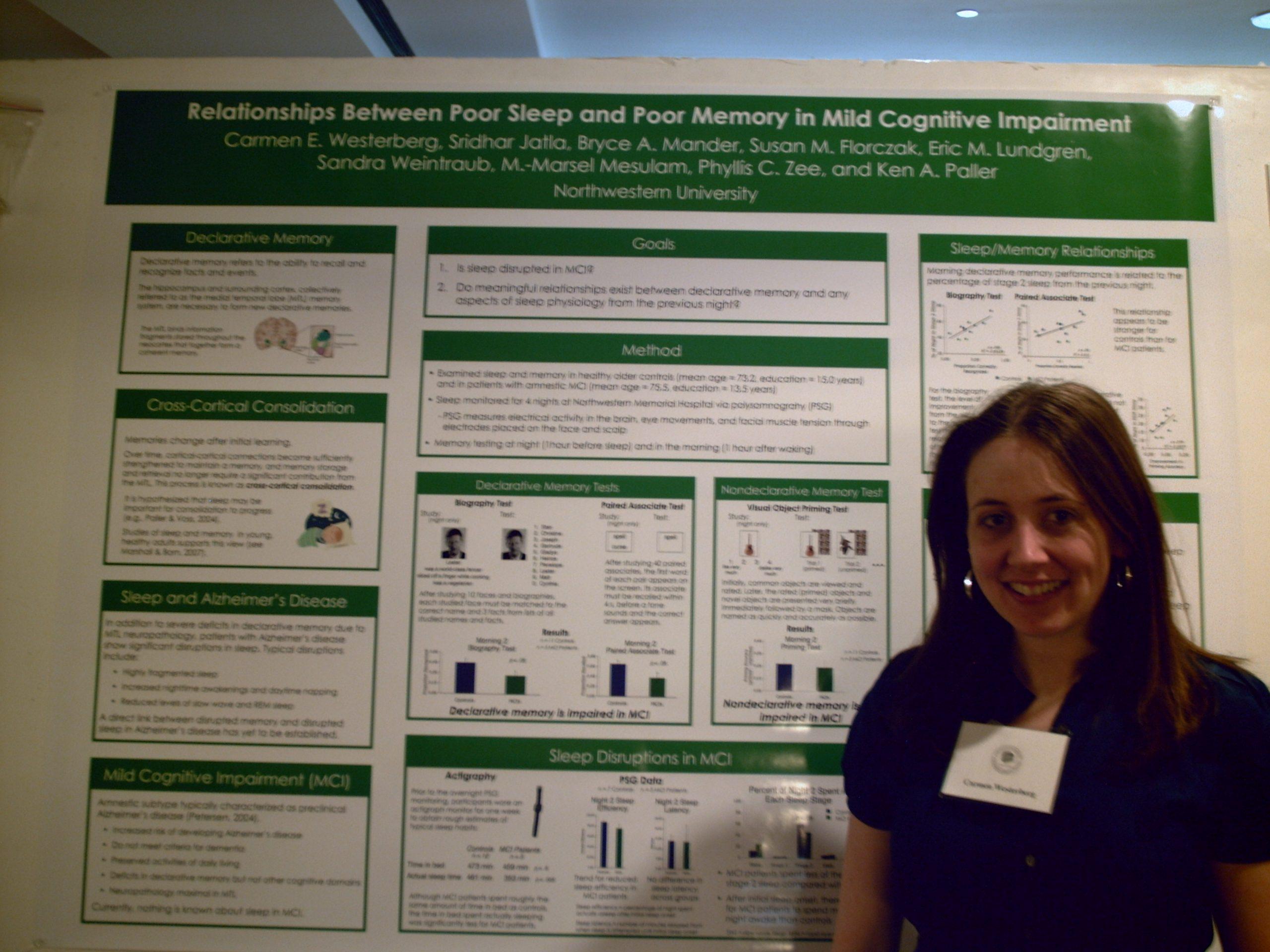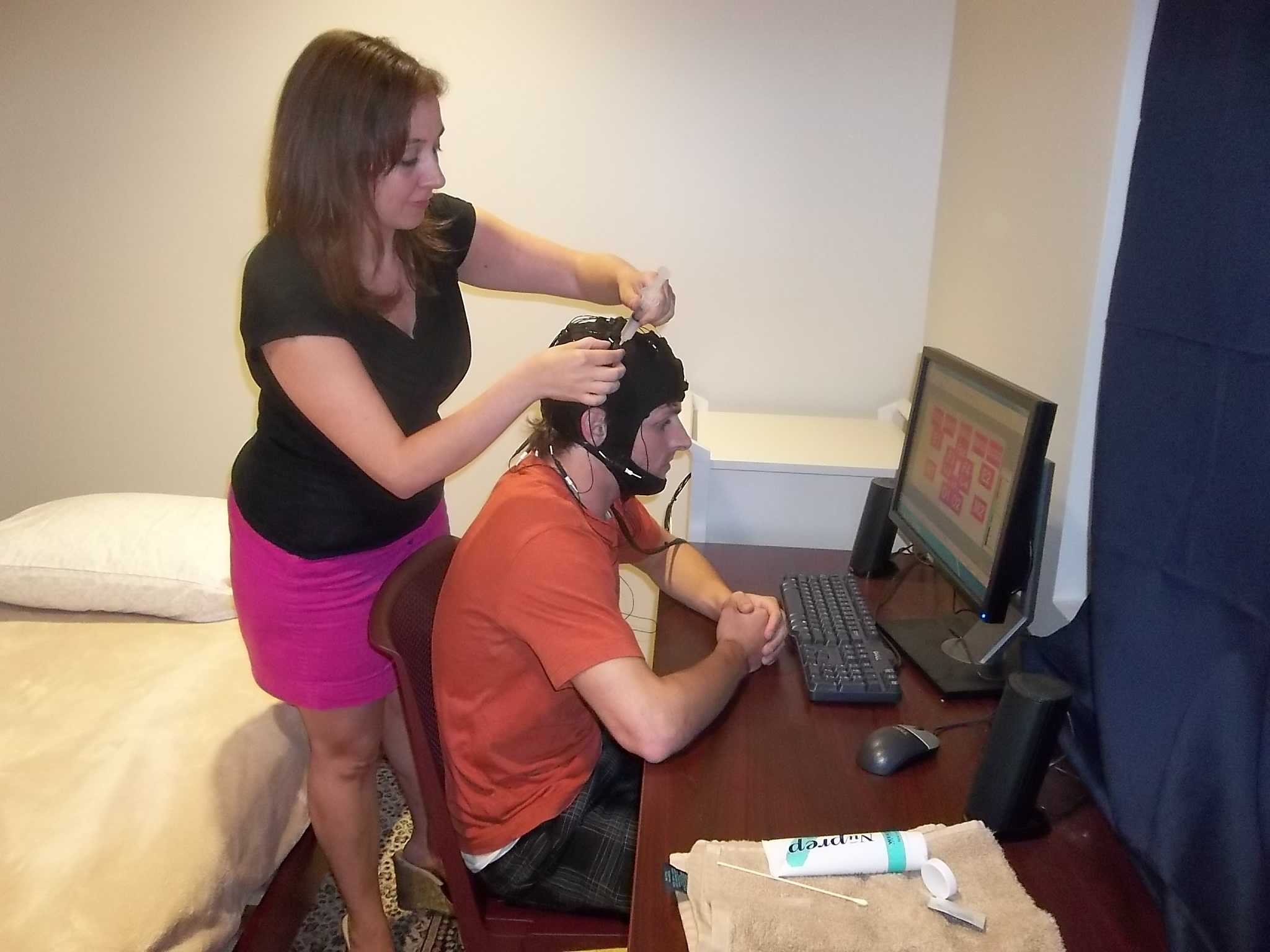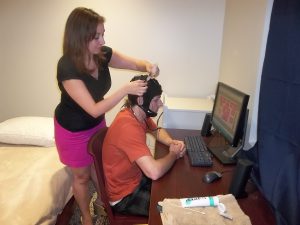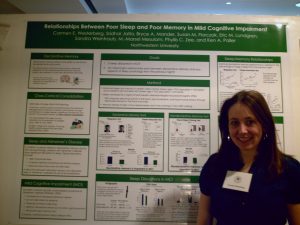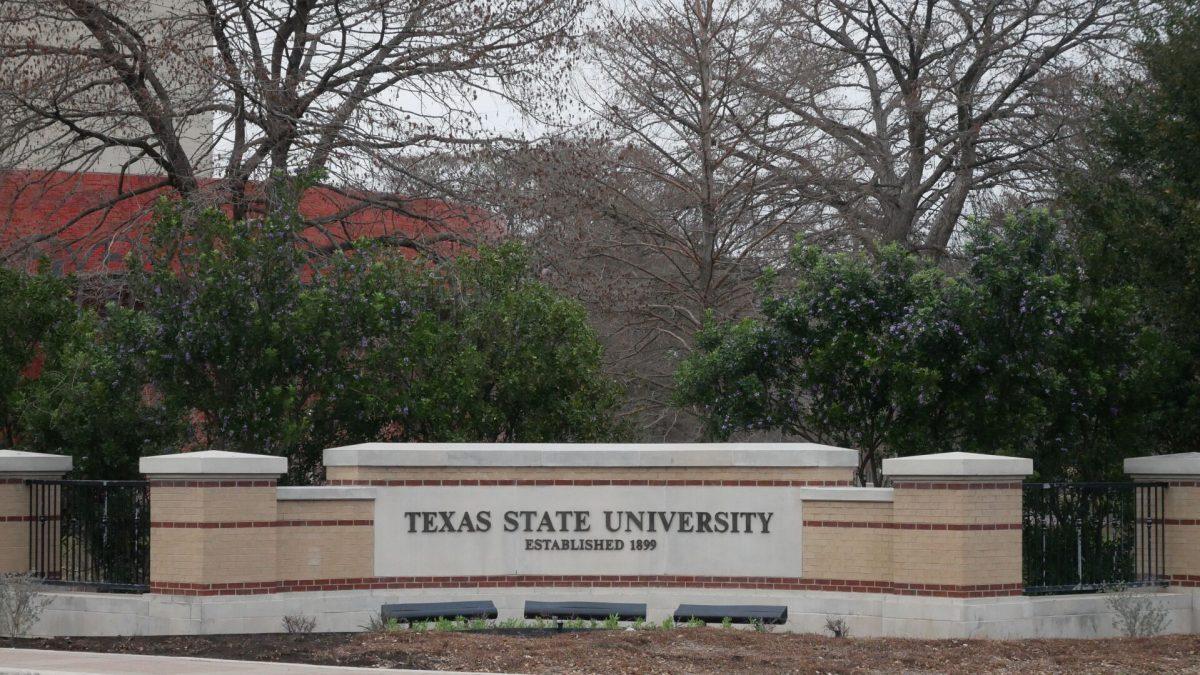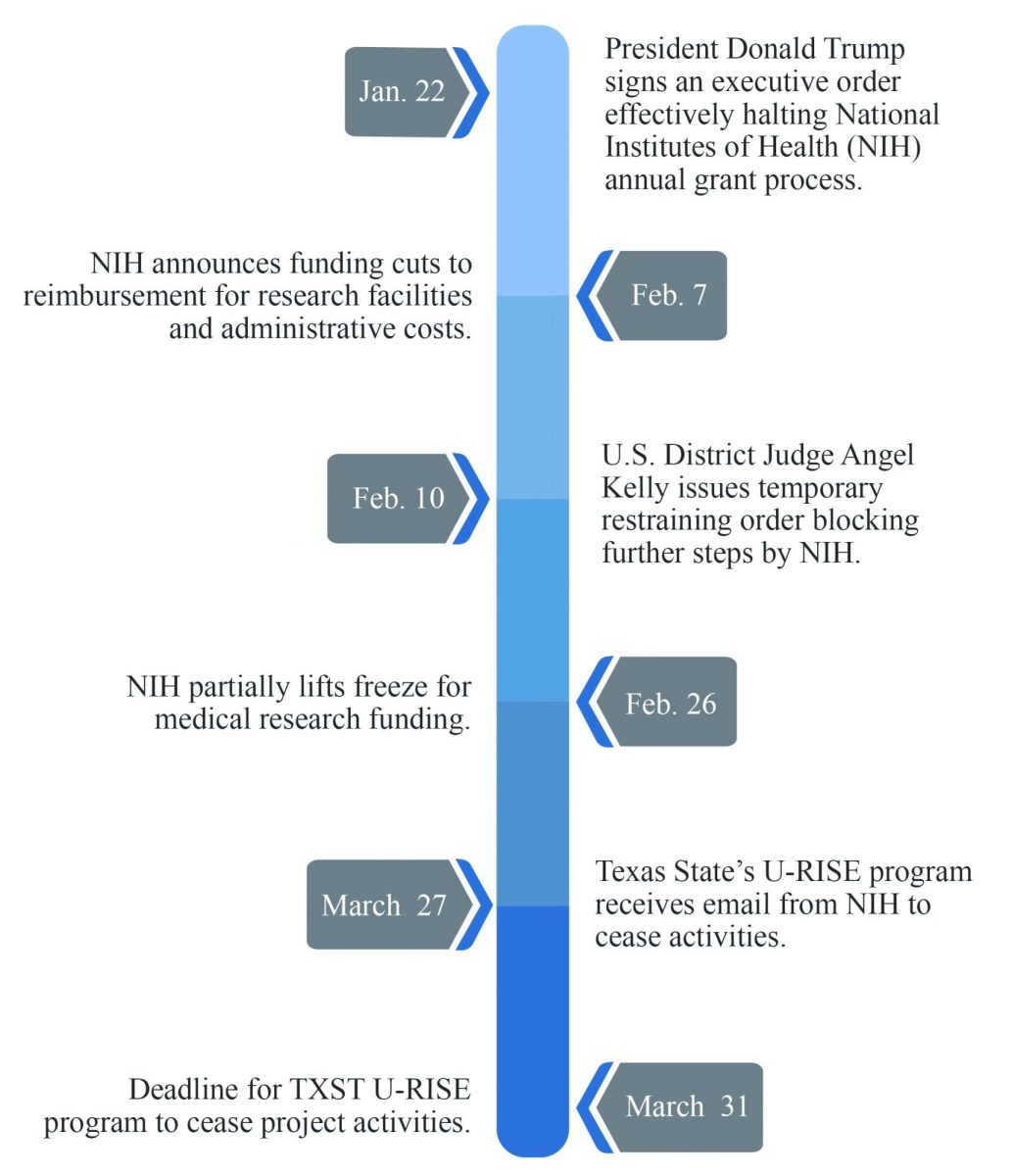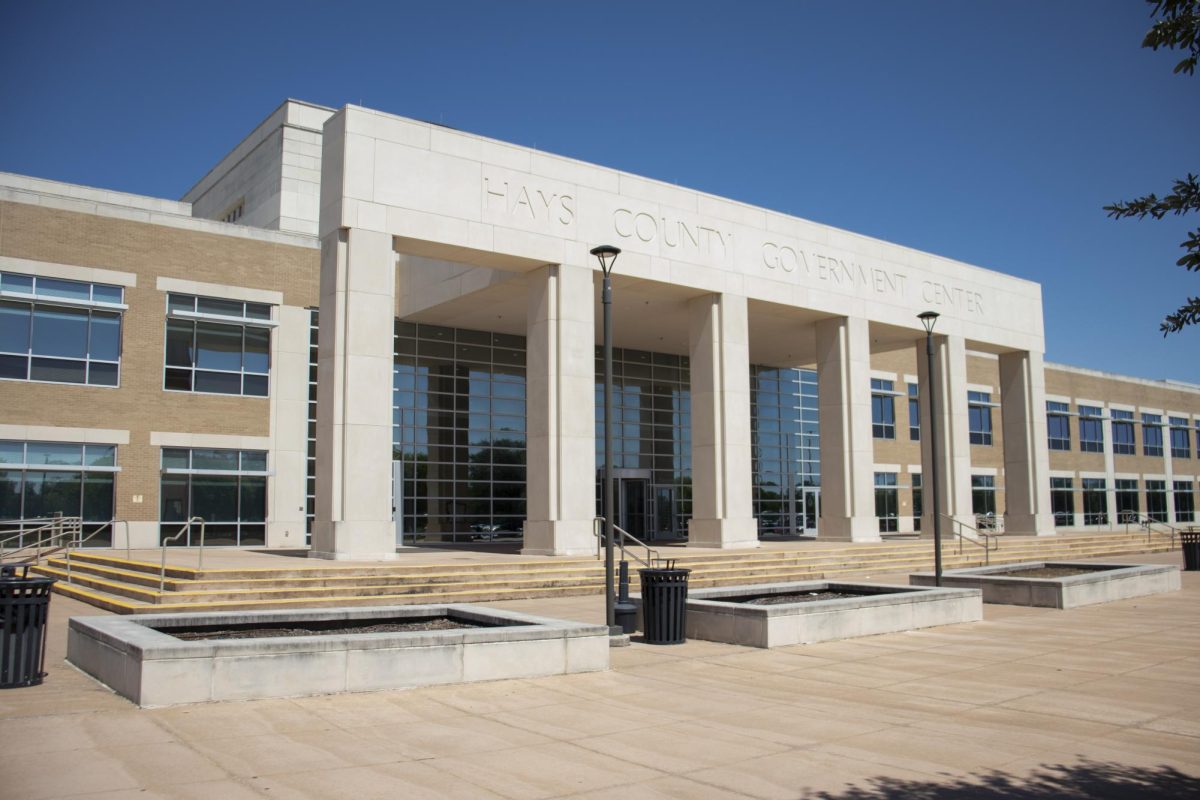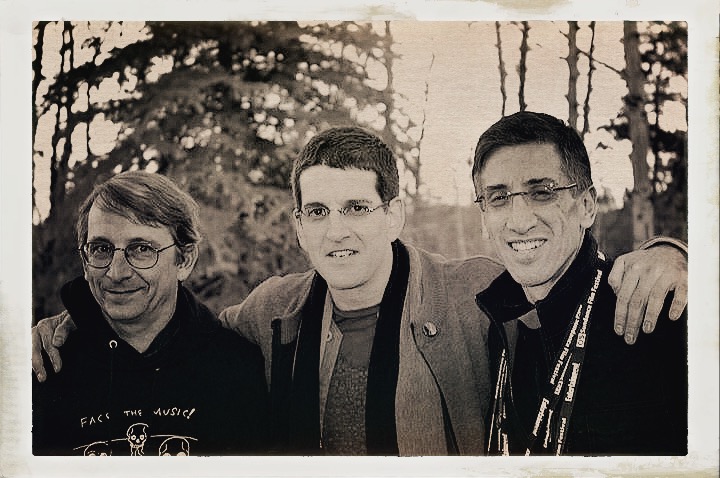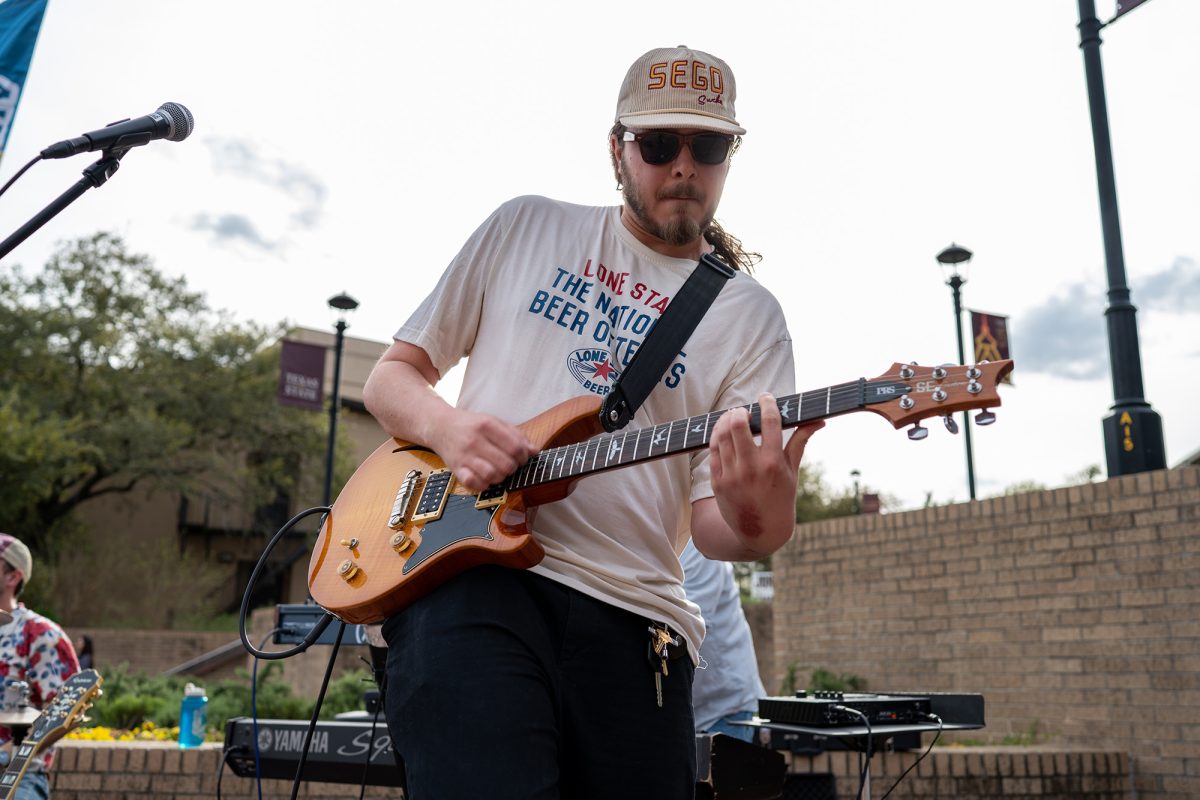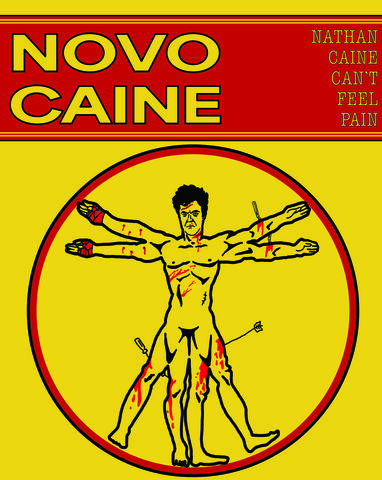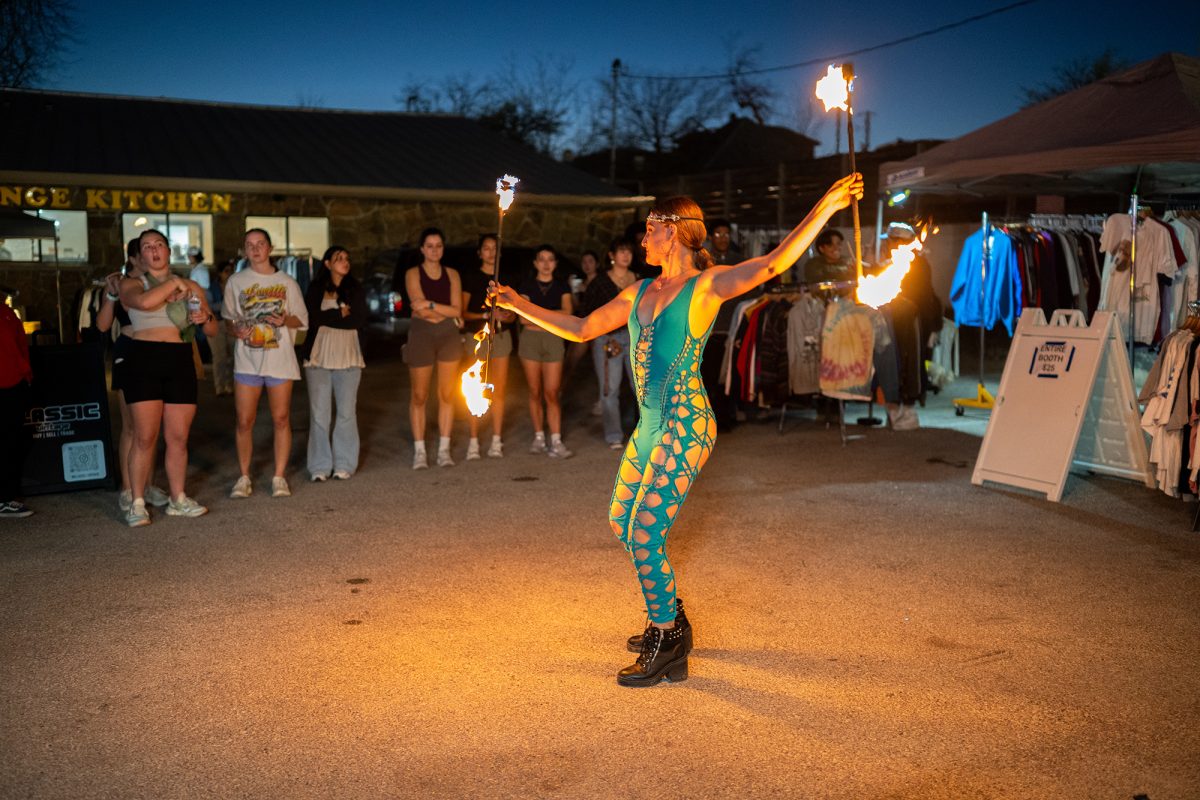After dedicating years of education to brain research and psychology, Dr. Carmen Westerberg, an associate psychology professor at Texas State, was awarded $300,000 to fund her upcoming study exploring the effects of sleep on memory retention and formation.
The funds for the study were granted by the McKnight Endowment Fund for Neuroscience, which grants up to four awards annually for studies in Memory and Cognitive Disorders, hoping to push psychologists toward scientific improvements in human health and memory.
“These scientists are addressing questions related to how general anesthesia and sleep impact memory, and how memory works at the basic level,” Ming Guo, chair of the McKnight awards committee says in a press release. “Together, we aim to understand the underlying neurobiology of memory and brain disorders that one day will translate into cures of some of the most devastating brain disorders that afflict millions of people in the world.”
Westerberg’s study titled, “Does Superior Sleep Physiology Contribute to Superior Memory Function? Implications for Counteracting Forgetting”, explores the minds of people with Highly Superior Autobiographical Memory (HSAM), who can recall microscopic details of their past with extreme clarity, such as remembering with ease the exact outfit they wore to school in the first grade.
Alongside her partner, Dr. Ken Paller, a Northwestern University psychology professor, Westerberg will investigate HSAM subjects to make discoveries about how sleep may play a role in memory solidification, a connection that has been experienced for years by people of all ages.
Westerberg’s research, which will be completed over the next three years, will serve to help people halt the effects of memory loss before they become too extreme. The information will be among some of the first of its kind, with sleep studies being a relatively newer line of scientific research.
“People had speculated for 100 years that maybe memories were changing during sleep,” Westerberg says. “But the actual research wasn’t done until the late ’90s or early 2000s.”
Some of this research, conducted by the Center for Neurobiology and Memory at the University of California Irvine, provides Westerberg and Paller with a catalog of the 80-100 Americans with HSAM from which to pull their subjects.
Westerberg and Paller’s study is separated into two experiments to make the best use of their multi-thousand dollar budget. The first experiment, administered remotely, utilizes electrode-powered headbands to track their 25 subjects’ brain activity while asleep.
“Once the headband is on, the subjects don’t have to really do anything,” Westerberg says. “The electrodes in the headbands record their brain waves, and all the data is uploaded wirelessly to a website.”
By conducting half of their study remotely, the team saves money for its second experiment in which 12 subjects will travel to Texas State’s Round Rock campus to get tested live in Westerberg’s clinical sleep lab.
“The lab was part of the deal when I got the job,” Westerberg says. “They provided me with EEG equipment [which records the electrical activity of the brain], and I have a bed in my lab.”
Her interest in sleep studies began while doing a post-doctoral fellowship at Northwestern University studying Alzheimer’s patients. It was there that Westerberg and Paller ran a small-scale version of their sleep study with only three subjects, which then sparked their interest in future research.
“The data we had with those three subjects already helped us, but we wanted to go bigger with it,” Paller says.
Westerberg and Paller hope their research will help Alzheimer’s patients. By evaluating the brain activity of those with superior memory, the team seeks to make connections that could lead to an Alzheimer’s drug that changes the course of the disease.
“All of the [Alzheimer’s] drugs right now just slow the progression of the disease, but they don’t really change what’s happening,” Westerberg says. “Hopefully we can make some progress.”
Westerberg’s passion for studying memory function led her to author 21 publications over the course of her career, from her first publication in 1999 in the “Behavioral and Brain Sciences Journal” to her recent article on the study of memory in the “Journal of Cognitive Psychology.”
11 of these articles were co-authored by Paller, who continued to study with Westerberg despite her move to Texas State in 2011.
“[Westerberg] is great, I have really high regard for her,” Paller says. “Doing science collaboratively is always fun, and it’s a pleasure to work with her.”
Paller deeply enjoys the collaborative nature of their partnership, where they can bounce ideas off each other and try to create new ideas as a team. With their study beginning in a matter of months, the team prepares for what will be a challenging three years full of new discoveries.
Categories:
Souvenirs of sleep: Professor earns funds for new study analyzing superior memory
Payton Russell, Life and Arts Contributor
January 21, 2021
Psychology professor Dr. Carmen Westerberg analyzes sleep EEG data at Northwestern University in 2009.
0
Donate to The University Star
Your donation will support the student journalists of Texas State University. Your contribution will allow us to purchase equipment and cover our annual website hosting costs.
More to Discover



